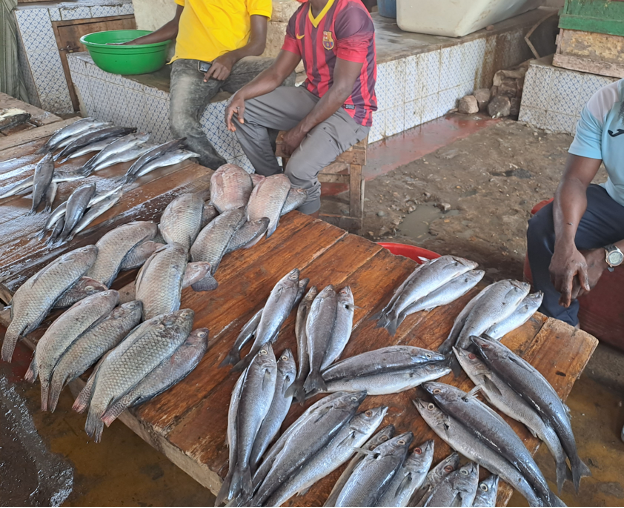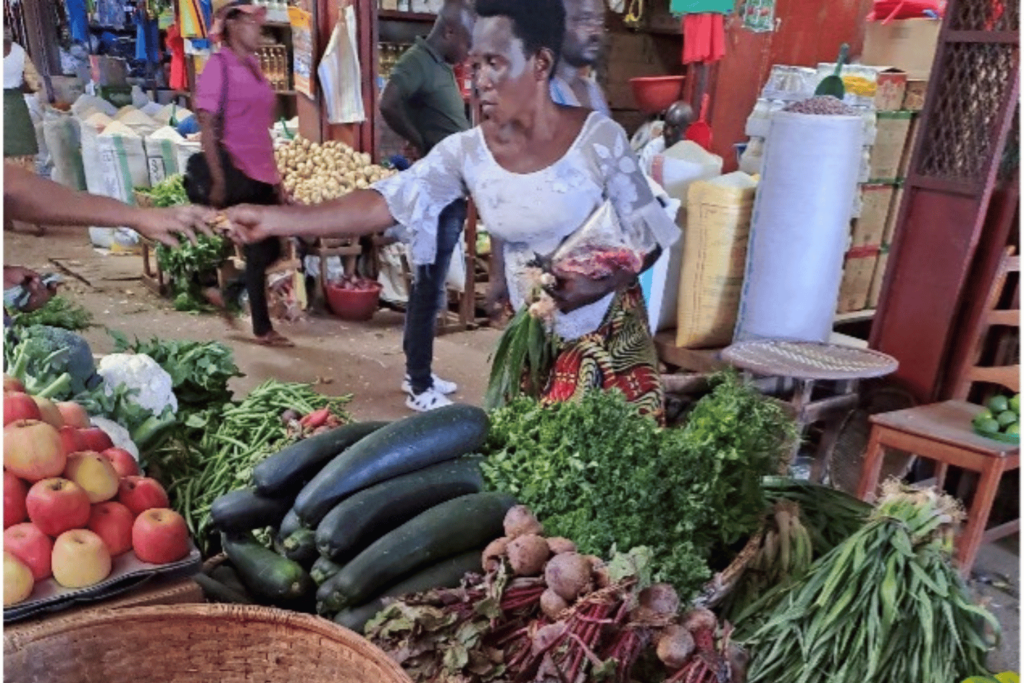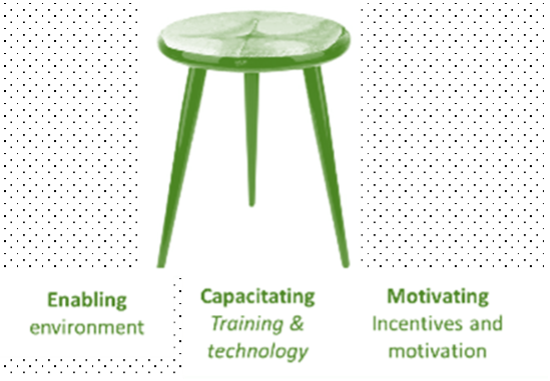Informal markets are the primary sources of fresh and nutritious food for most poor populations in low-middle-income countries (LMICs). Additionally, they are the main outlet for smallholder farmers, a source of employment for women and youth, and can improve the liveability and sustainability of cities when they are well-kept and waste well-managed.
Foodborne diseases (FBD) are rampant in LMICs, causing a huge burden of human illness estimated at USD 95 billion in the form of productivity losses, medical expenses, and trade losses. The burden of food safety is equated to the burden of the “Big Three”, namely Tuberculosis, Malaria and HIV/AIDS. However, investment in food safety has remained minimal. Poor food safety in informal markets is evidenced to contribute to this burden. Nutrient-rich foods such as animal-source foods, fruits and vegetables sold in these markets, are the most risky and account for a greater proportion of the FBD burden.


